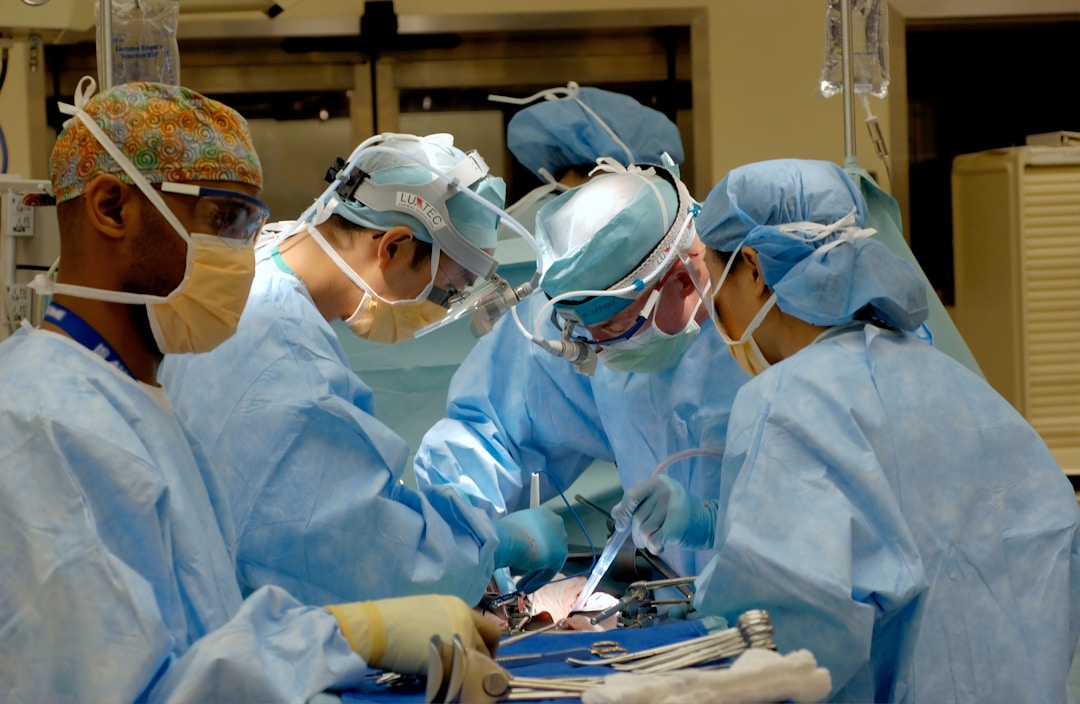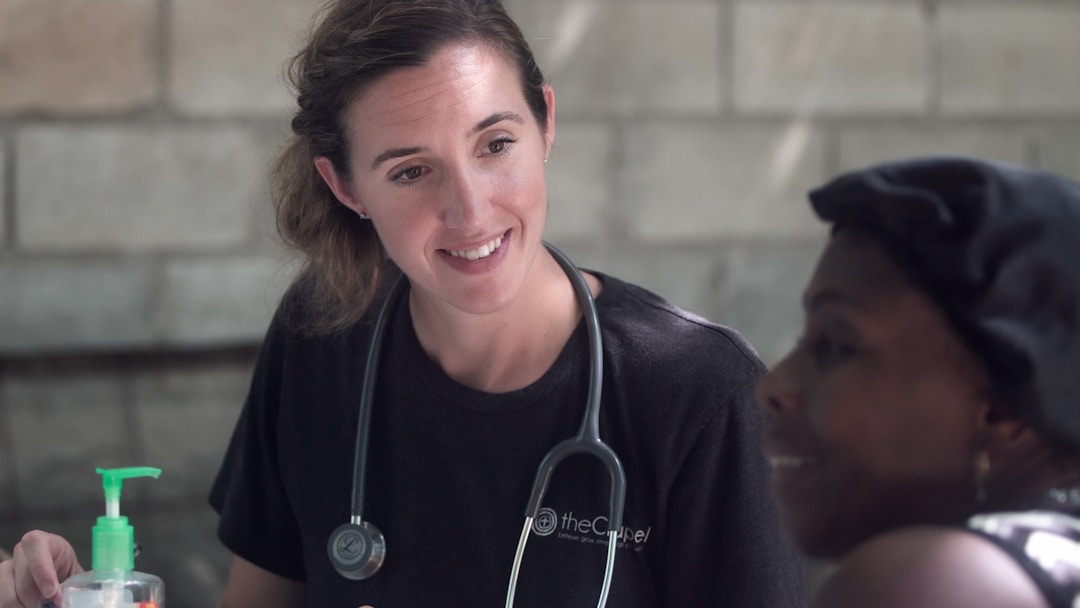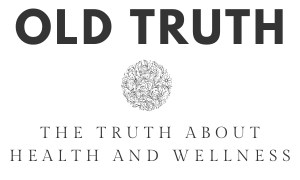On top of being able to make a big difference in people’s lives, one of the best things about a career in the medical field is how many options there are. From jobs as doctors and nurses to work in healthcare administration, data analysis, and medical records, the field of medicine crosses over into dozens of other industries. For someone with more than one interest, having a medical career where they use other skills in combination with patient care, unique medical career paths are also possible. If you’re a medical student or considering becoming one but aren’t sure which way you’d like your career to go, read on for four great options in the field of medicine.
1. Emergency Services

For people who work well under pressure, aren’t intimidated by collisions, motorcycle crashes, and working in high-pressure situations, emergency medical services jobs can be a great option for the average medical student. The first to respond to that motorcycle accident or to bring a crash victim to the emergency room for emergency surgery, paramedics, EMTs, and other emergency professionals make a big impact on people’s lives. That is, a paramedic and the life-saving techniques they use at the scene of a horrific crash can be the difference between life and death.
2. Health Education and Awareness

For some students, even the idea of being responsible on the scenes of fatal crashes is too much stress. This doesn’t mean there aren’t career options in the medical field. Some students who study health, science, and anatomy later go on to help in the field of emergency medicine not through direct patient care, but in community awareness programs.
Maybe you’ve decided you aren’t cut out for being on-site after a collision happens but are still interested in health and the factors in motorcycle fatalities that make death more likely to occur. One way to use your medical education is to become a health or education specialist who works with emergency medical technicians to get the word out. From staging drunk driving accidents at high schools before prom to working with a local hospital or emergency service provider to spread awareness around the dangers of texting and driving or helmet awareness, you can still use your medical interests to put your education to work in other ways to prevent emergencies while helping the community.
3. Surgeons and Robotics

In a world fascinated by technology, it’s no wonder many future surgeons are becoming interested in robotic procedures that can be done during open surgery to make things safer and promise a faster recovery to patients. A field of the future, robotic surgery is a great option for those interested in medicine and robotic technology. This new technology works with great precision to assist in general surgery where precise movements can make the difference between life and death.
Learning to use a robotic surgical system or robotic arm are only two of the fascinating skills of future surgeons and surgical nurses can learn more about in this new field of medicine set to add up to big results in the future.
4. Healthcare Administration

For students who aren’t interested in direct patient care but want to make a difference when it comes to the big picture, healthcare administration is a great option. As a healthcare administrator with a graduate degree in healthcare policy or leadership, you’ll work with other administrators to run healthcare facilities in ways that benefit both staff and patients alike. In a position like this, you could find yourself running an assisted living facility, hospital, clinic, or community mental wellness center.
At the end of the day, how you shape your medical career is up to you. With endless opportunities to apply both medical and other skills in a variety of ways, be rest assured that following your interests and passions will be enough to bring you to a great decision that works not only for you but helps people, too. If you’re having trouble determining how you hope to use your medical education, consider talking to a professor, mentor, or someone in the field of medicine who you look up to. They might be able to point you in the right direction of a path that works for you.

